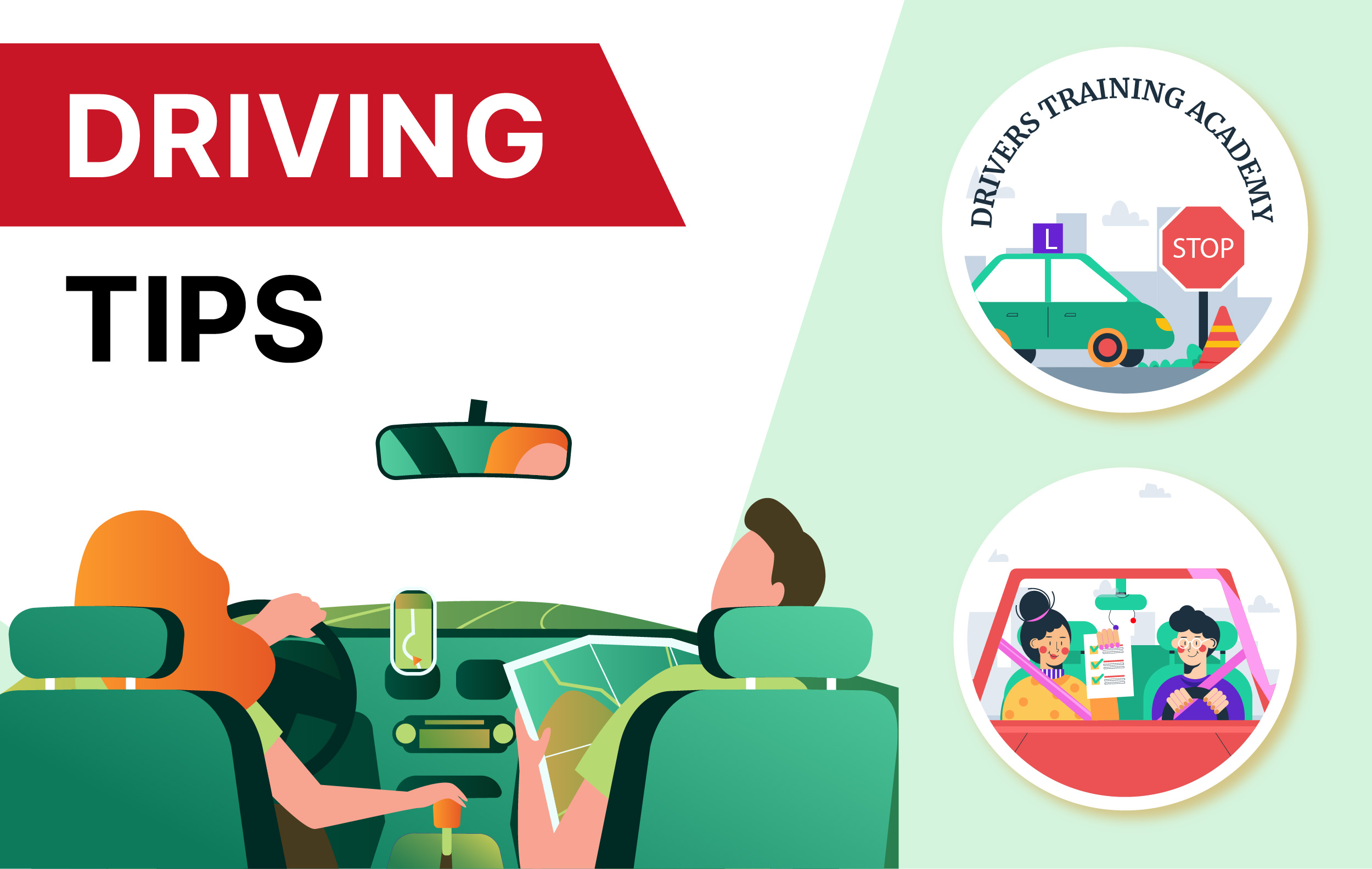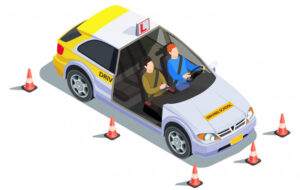
Even though driving is a necessary life skill, many people find it frightening to even consider getting behind the wheel. However, enrolling in a driving school can assist novice drivers in developing the abilities and self-assurance necessary to drive safely and responsibly. In this article, we’ll look at how a driving school can teach you how to drive even if you have no experience.
1. Basic driving skills:
Driving schools provide students with the fundamental techniques for operating a car, turning, braking, accelerating, and parking. These courses are made to assist new drivers in establishing a strong foundation and creating the motor skills necessary to feel at ease when operating a vehicle.
2. Road Safety:
Driving schools provide students with the fundamental techniques for operating a car, turning, braking, accelerating, and parking. These courses are made to assist new drivers in establishing a strong foundation and creating the motor skills necessary to feel at ease when operating a vehicle.
3. Confidence Building:
Many rookie drivers lack confidence while operating a vehicle, which can cause stress, worry, and even accidents. Through practice, repetition, and individualized teaching, driving schools are intended to assist novice drivers in developing confidence. Building confidence will help new drivers get over their worries and develop into confident, capable drivers.
4. Simulated Road Test:
Driving academies can help by recreating the experience of taking a road test, which can be nerve-wracking for new drivers. This offers novice drivers the chance to practice maneuvers like parallel parking, lane switching, and driving on congested roads in environments that closely match what they would experience on the road test.
5. Advanced Driving Techniques:
Additionally, sophisticated driving methods are taught in driving academies. These methods include skid control, emergency movements, and defensive driving. Developing these abilities can assist new drivers to stay safe while driving and dealing with unforeseen circumstances that may occur.
6. Personalized Instruction:
Driving academies offer individualized tuition, so novice drivers get one-on-one teaching from knowledgeable instructors. Using this method, teachers can pinpoint the areas where drivers need to improve and give them specialized coaching to help them.
7. Legal Knowledge:
Driving academies educate new drivers about the lawful aspects of driving in addition to teaching them practical driving abilities. This involves being aware of the rules, legislation, and consequences of breaking traffic laws.
8. Learning the rules of roads:
Driving schools aid new drivers in acquiring their driving skills. Road signs, markers, speed limits, and traffic lights all fall under this category. Driving academies make sure that pupils have a firm understanding of traffic laws and regulations since doing so is essential to driving safely and responsibly.
9. Overcoming Bad Habits:
Over time, many drivers develop undesirable habits like not checking their mirrors frequently enough or putting their hands incorrectly on the steering wheel. Driving schools can assist novice drivers in overcoming these tendencies and acquiring safe driving techniques.
In conclusion, for novice drivers who wish to master the road, driving academies might be a great investment. Through individualized coaching, advanced driving tactics, and simulated road tests, new drivers can develop the abilities and confidence necessary to become effective and responsible drivers. Additionally, new drivers may make sure they are equipped to handle any circumstance they may encounter on the road by learning about traffic laws and road safety. Anyone can become a driving hero with the aid of a driving school!







No comment yet, add your voice below!